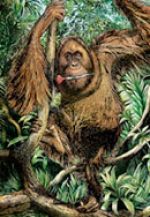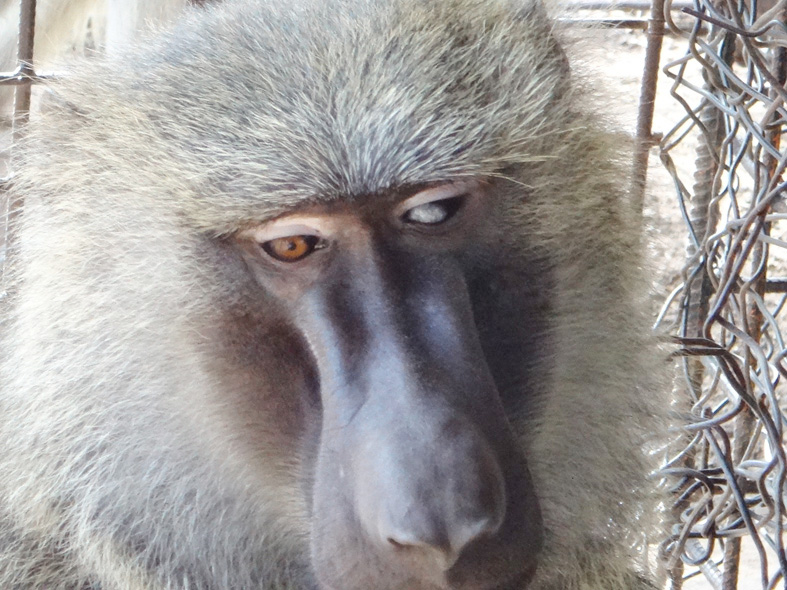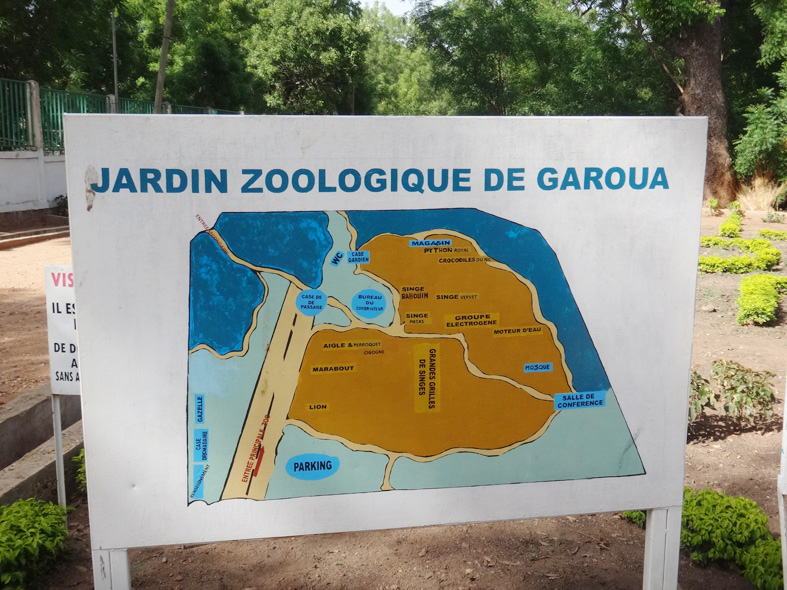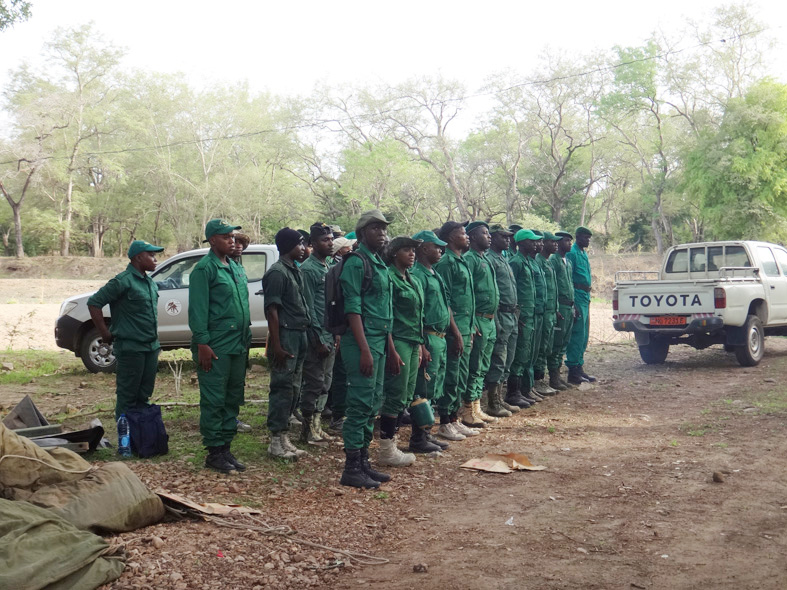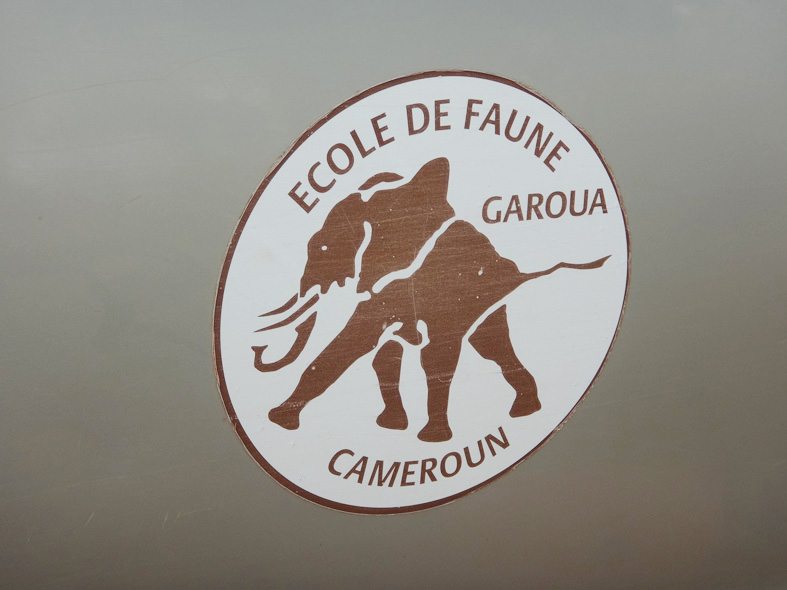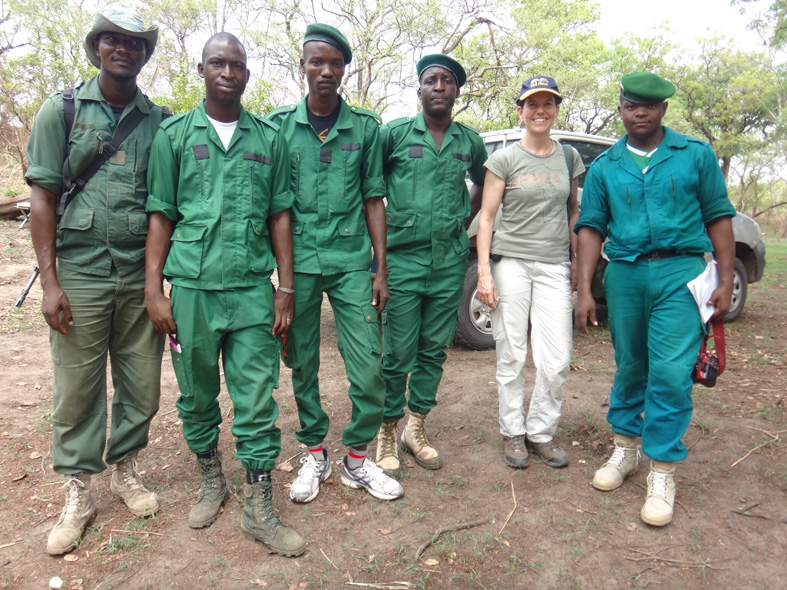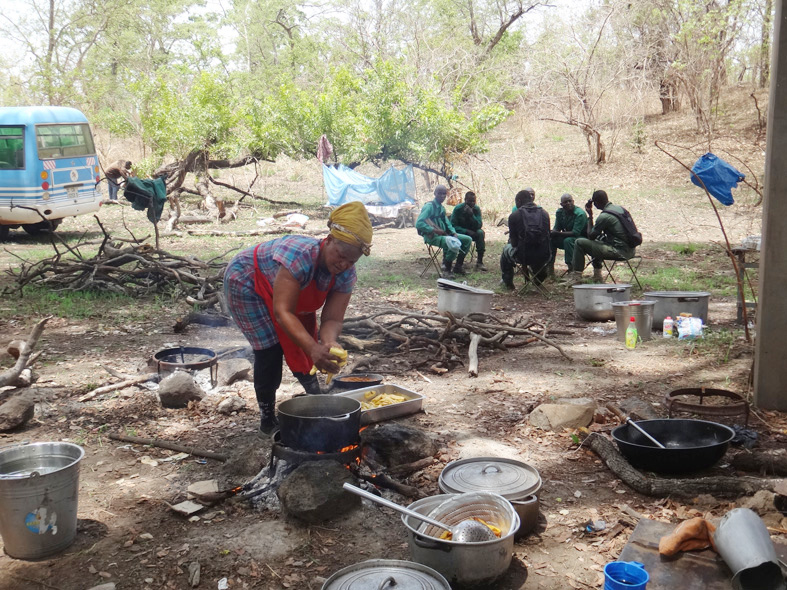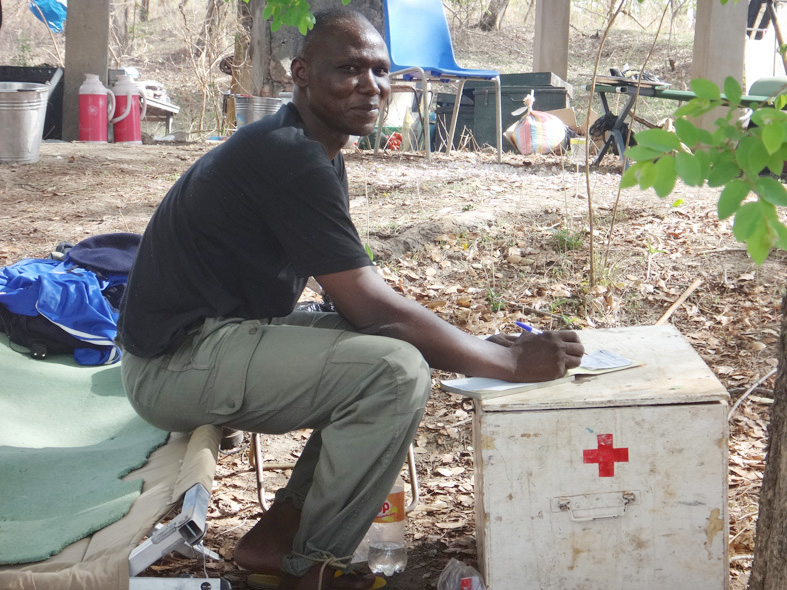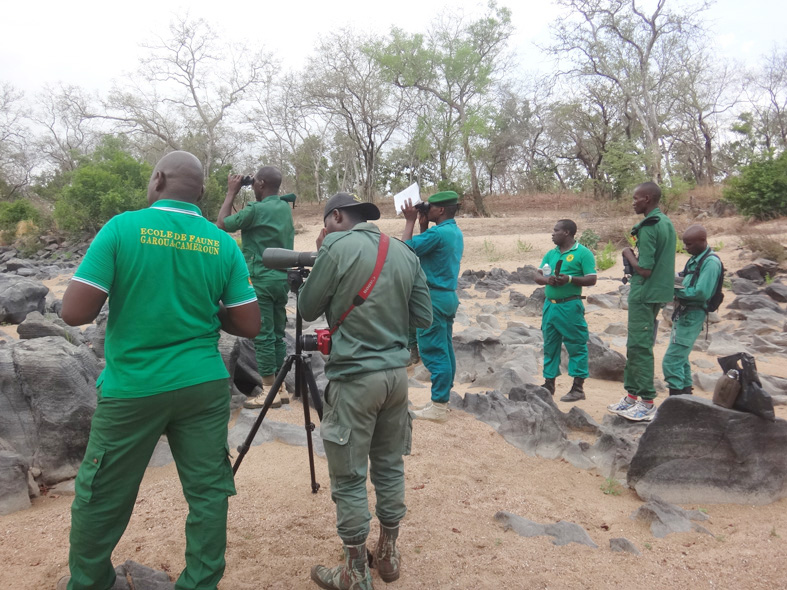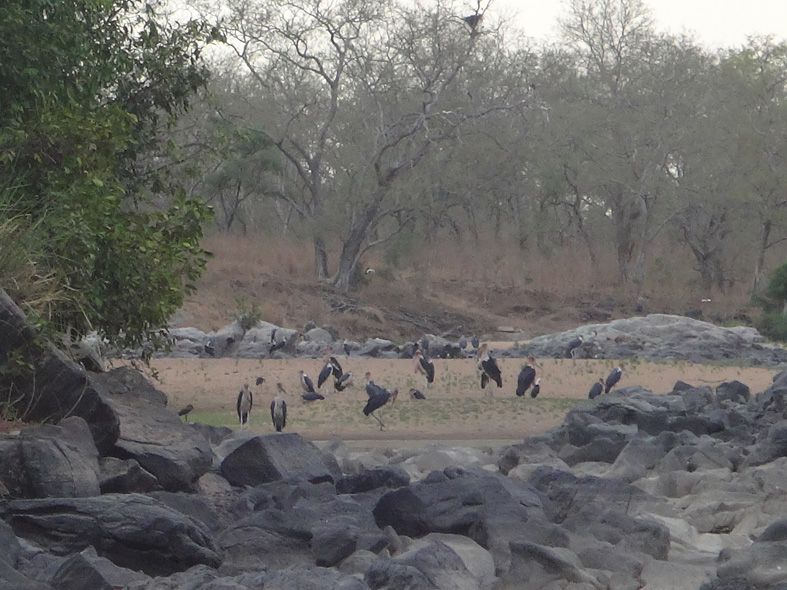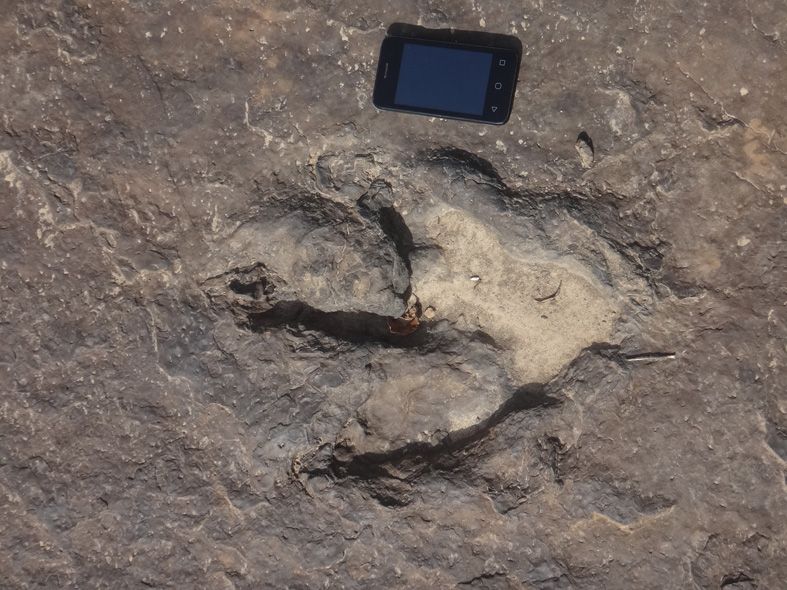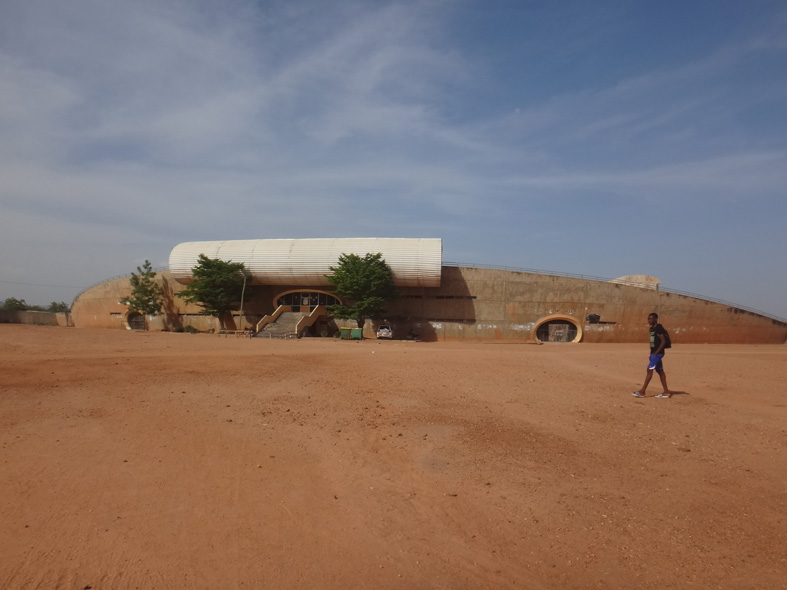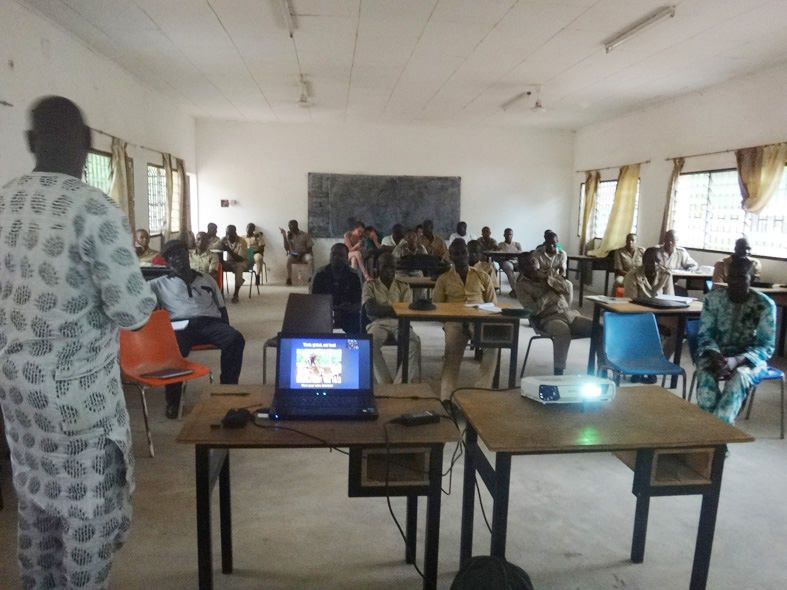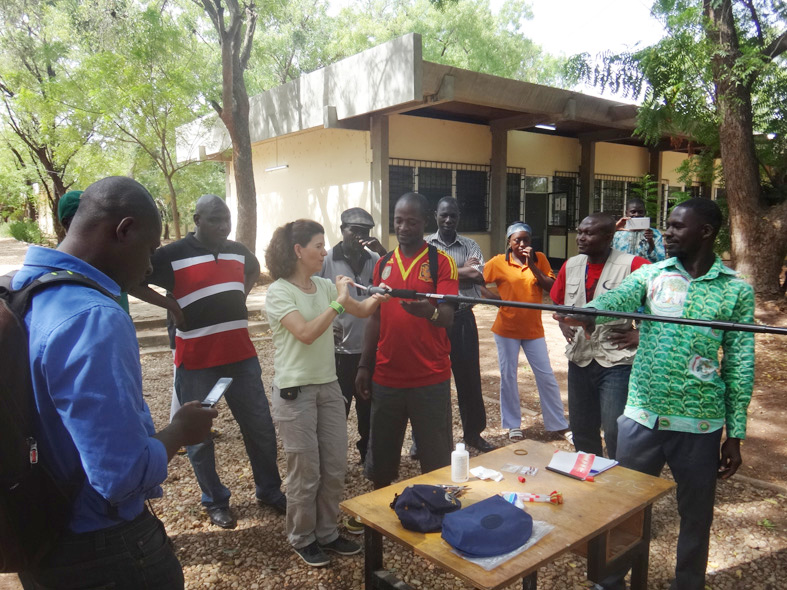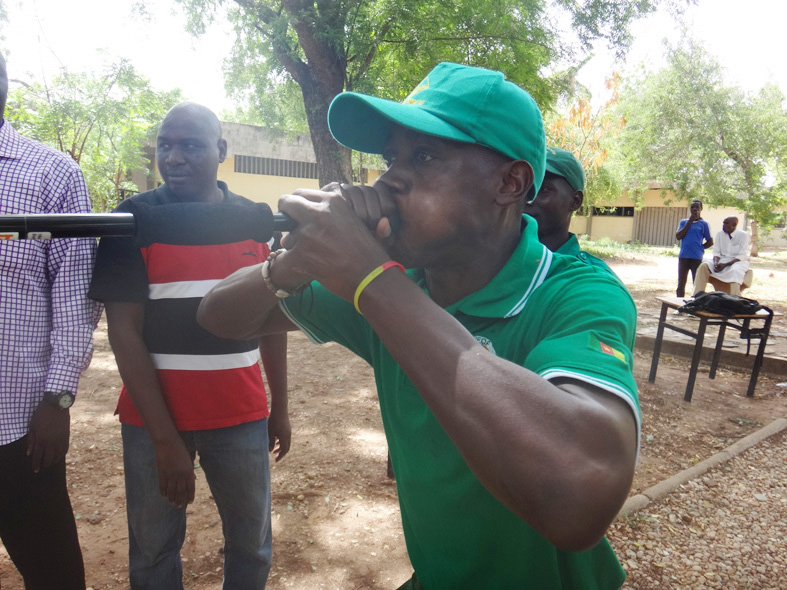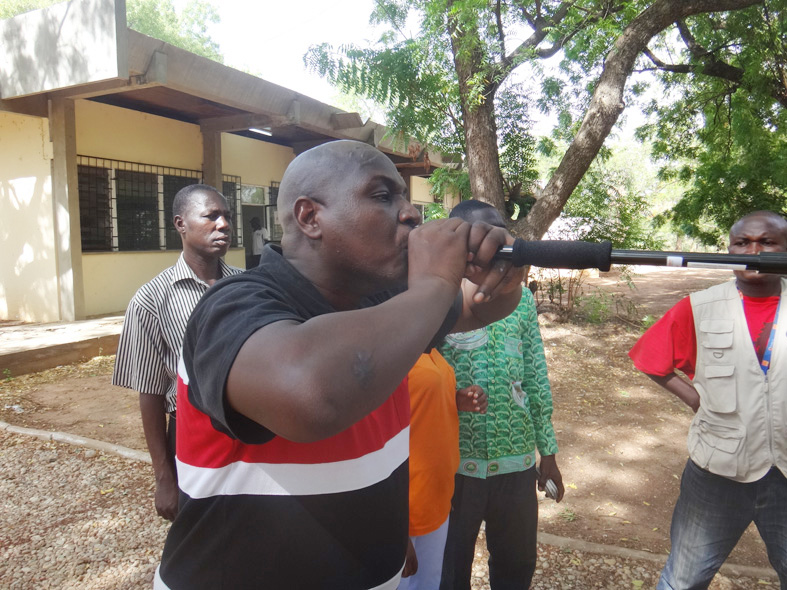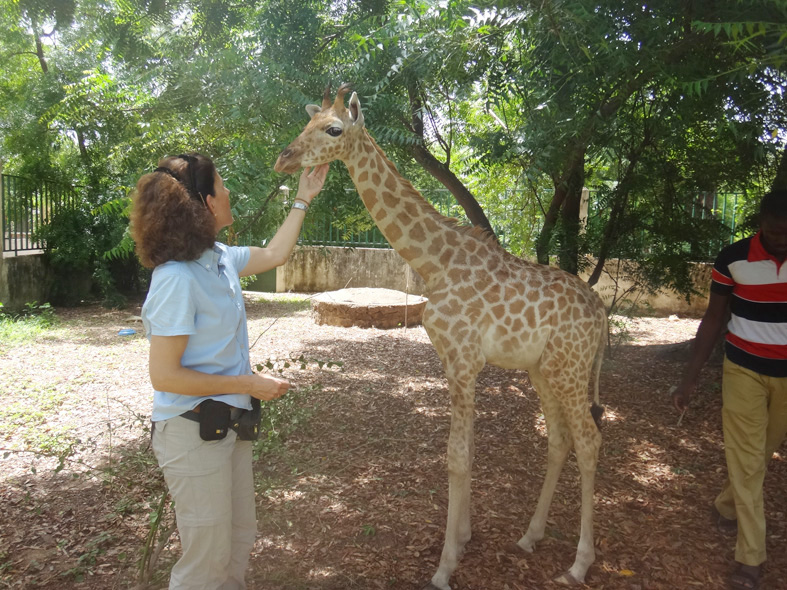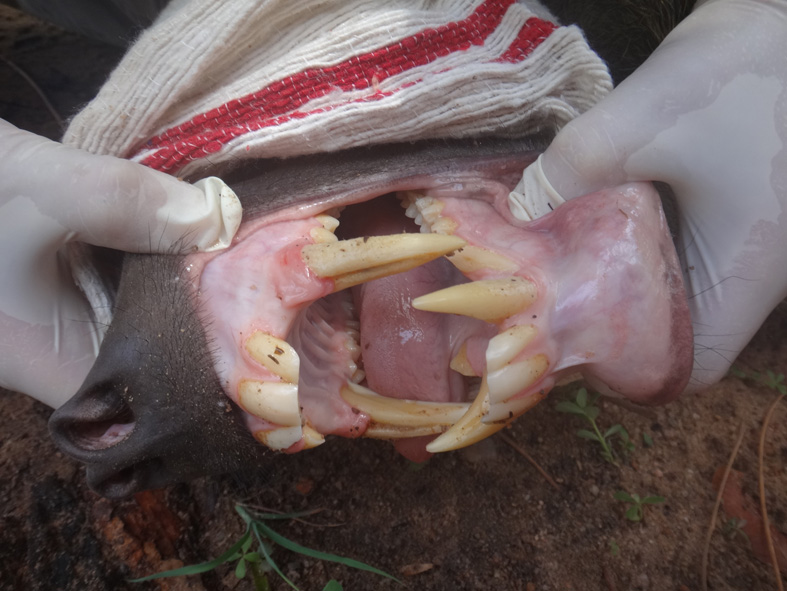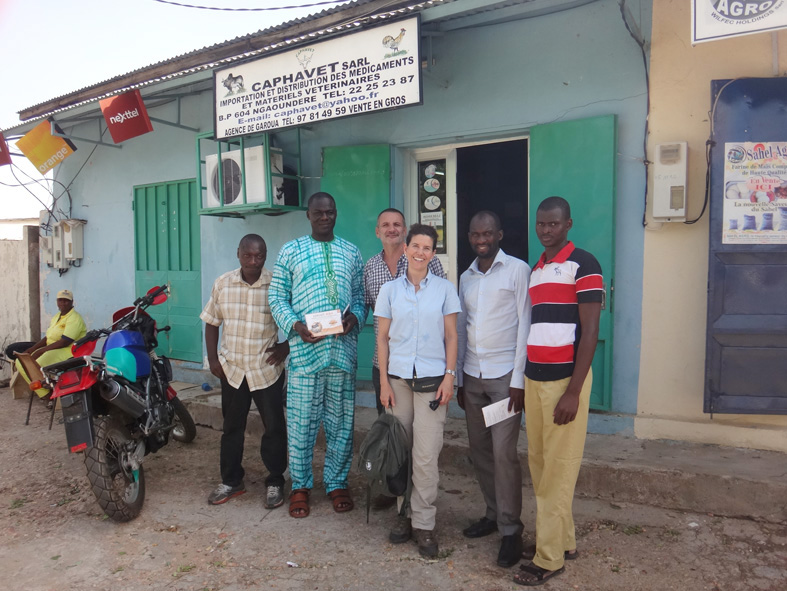- AZWS Wildtierschutz in Kamerun 2017
- AZWS Wildtierschutz in Kamerun 2017
- AZWS Wildtierschutz in Kamerun 2017
- AZWS Wildtierschutz in Kamerun 2017
- AZWS Wildtierschutz in Kamerun 2017
- AZWS Wildtierschutz in Kamerun 2017
- AZWS Wildtierschutz in Kamerun 2017
- AZWS Wildtierschutz in Kamerun 2017
- AZWS Wildtierschutz in Kamerun 2017
- AZWS Wildtierschutz in Kamerun 2017
- AZWS Wildtierschutz in Kamerun 2017
- AZWS Wildtierschutz in Kamerun 2017
- AZWS Wildtierschutz in Kamerun 2017
- AZWS Wildtierschutz in Kamerun 2017
- AZWS Wildtierschutz in Kamerun 2017
- AZWS Wildtierschutz in Kamerun 2017
- AZWS Wildtierschutz in Kamerun 2017
- AZWS Wildtierschutz in Kamerun 2017
Cameroon - A journey in the Name of Nature Conservation and Species Protection
Practice, education and research – these are the cornerstones upon which the Akademie für Zoo- und Wildtierschutz bases its work. It was thus no wonder that Dr. Julia Gräfin Maltzan didn’t hesitate when she received a request from the German Society for International Cooperation (GIZ) in Cameroon. Her task was to teach the technique of tranquilizing wild animals at a distance, to further train students of the École de Faune Sauvage, and to treat sick animals in the Garoua Zoo.
In late April 2017, Dr. Maltzan flew to Cameroon for this purpose. She journeyed to the Bouba Ndjida National Park where she visited the École de Faune camp. Two to three times a year all of the students travel to the national parks with their teachers in order to put their knowledge into practice. The École de Faune in Garoua trains about 40 young students per year from all over Central Africa for a period of two years to become game wardens. The school is a part of the Ministry of Forests and Wildlife and is supported by GIZ, among others. Subjects taught include the theory and practice of ornithology, botany, mammal science, compass and GPS orienteering, and the cataloguing of wild animals. Disciplines such as pathology, however, are seldom taught - even less frequent are animal diseases and epidemiology or zoonotic diseases. Moreover, there are no external classes offered for the transnational further training of rangers, veterinarians or biologists. The director of the school, Michel Babale, would like to change that and asked the Akademie to develop a five-to-eight-day program for such further training which would be offered transnationally in 2018. Julia Gräfin Maltzan promised to help here in accordance with the Akademie’s commitment to teaching.
During her visit, she held lectures on the “Perspectives and potential of zoological gardens today” and the “Tasks of a zoo veterinarian”. In order to document the necessity of conservation breeding as one of the most urgent tasks of a zoo in the light of species protection, she additionally showed Felix Heidinger’s (Bavarian Broadcasting) film “Der große Sprung in die Sahara”, (“A giant leap into the Sahara”) which impressively documents the reintroduction in Morocco of the endangered mhorr gazelles, bred in Munich’s Hellabrunn zoo.
Dr. Maltzan didn’t forget her practical work of course: she trained 15 rangers and zoo employees in distance immobilization using the blowpipe and the dart gun, gave an introduction to the theory of ballistics and anesthesia, explained how to fill the darts and demonstrated the correct shooting technique with gun and blowpipe.
She was also active in the Garoua Zoo. She provided tips on hand rearing an approximately four-month-old female giraffe whose mother had been killed by poachers. The zoo had adopted the animal at the age of three weeks. In the meantime, however, it suffered from severe diarrhea. Dr. Maltzan adjusted the animal’s feed and took a fecal sample back to Germany in order to have it analyzed in a laboratory. In addition, she vaccinated several primates against rabies, operated on the tail of a long-tailed monkey, and examined an old femur fracture which had caused lameness of the left rear extremity of a patas monkey.
The Akademie wants to support the zoo and in particular the École de Faune in the future and thus to actively contribute toward achieving the goal of self-help in the area of nature conservation and species protection. ■


